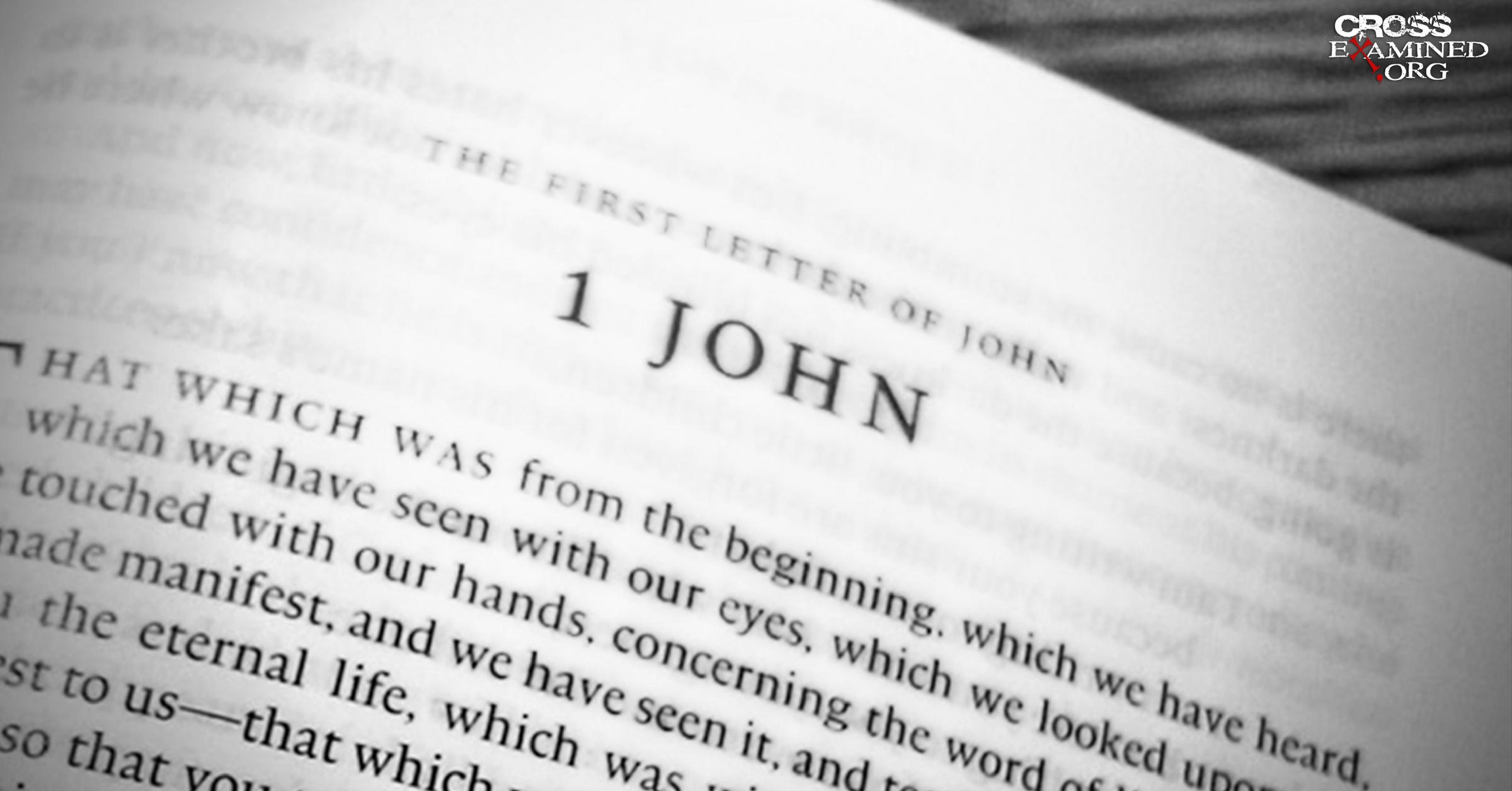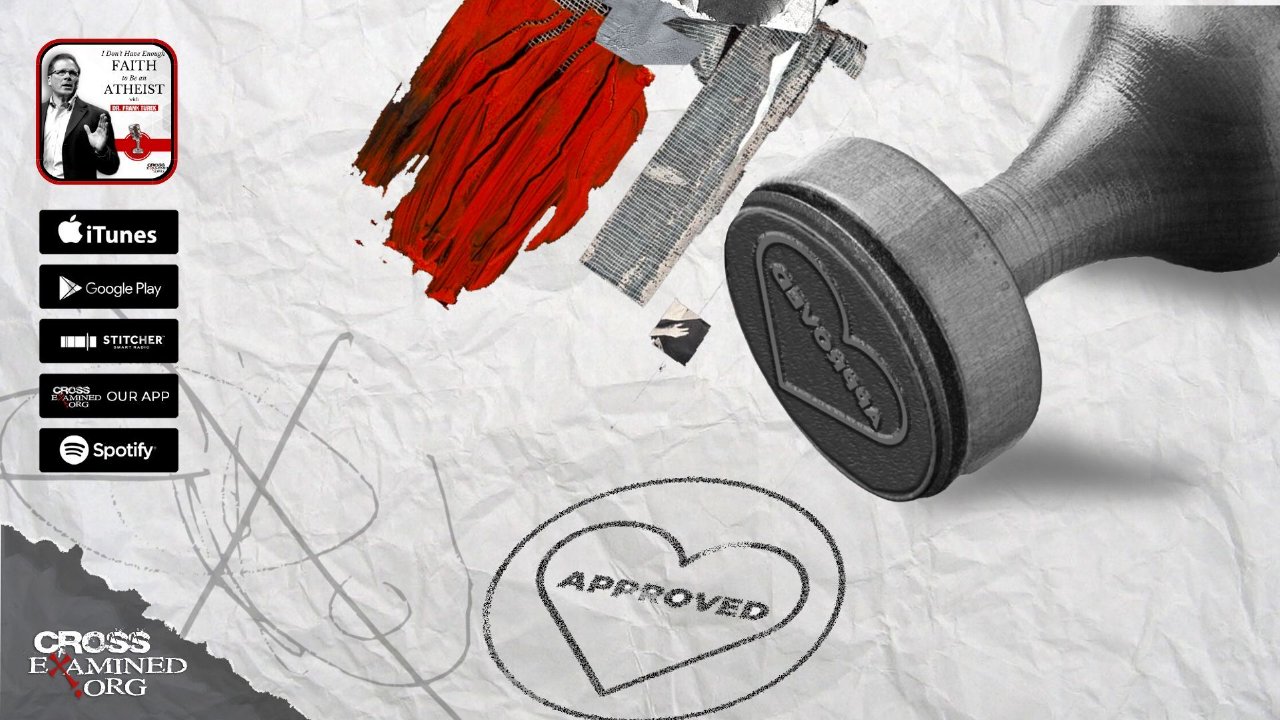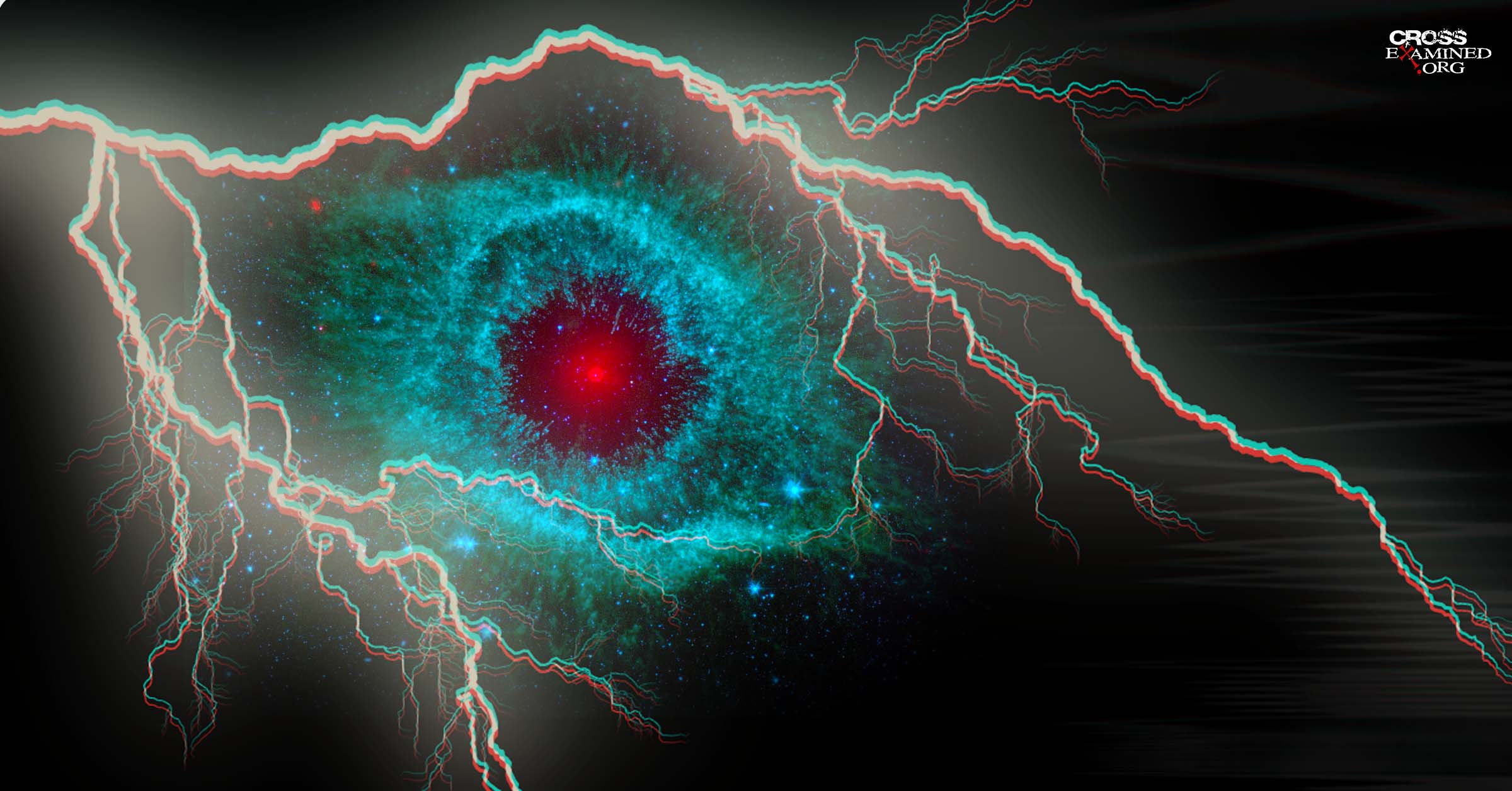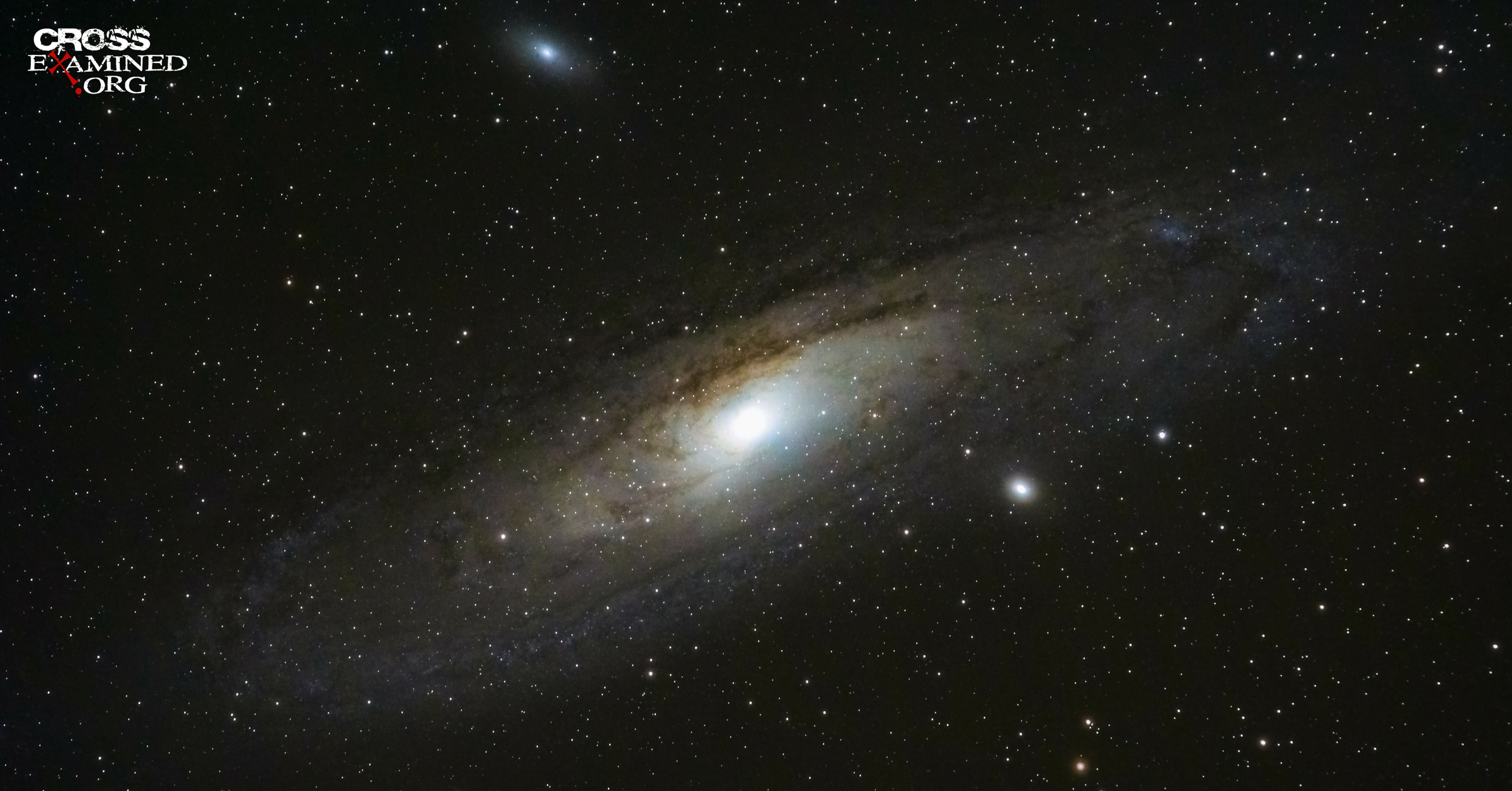Does Modern Science Disprove Miracles?
Back in less civilized times, people believed lightning storms meant the gods were upset with them. An eclipse indicated God was about to bring judgment. Lack of rain meant the people needed to get right with their god.
But we’ve moved on from all that right? After all, science explains everything we need to know about these so-called “acts of God.” Science explains lightning, eclipses, and droughts. We know these aren’t divine acts — or miracles — because science says so.
Or so the skeptic says. In fact, ever since the eighteenth-century philosopher David Hume gave his argument against miracles, skeptics have recycled his argument with fervor. His argument can be summarized as follows: A miracle is a violation of natural law, but a natural law can never be violated.
In other words, Hume denied that miracles are possible from the outset. He argued, a priori, that no amount of evidence would ever persuade him that a miracle actually occurred because natural law always occurs. In sum, science disproves miracles. But is this a reasonable position? Should Christians stop believing in the possibility of miracles?
If God Created The Universe…
Let’s suppose one day a friend of yours argues that it’s impossible for LeBron James to dunk on a five-foot hoop. He’s adamant that it can’t be done because he’s never seen it happen. You’ve never seen LeBron dunk on a five-foot hoop either, but you’ve watched countless games where he’s dunked on a ten-foot hoop with ease. So you try to reason with your friend by asking him, “If LeBron can easily dunk on a ten-foot hoop, don’t you think dunking on a five-foot hoop would be a breeze for him?”
The same kind of argument can be made for the possibility of miracles. You see, God already performed the greatest miracle imaginable when he created the universe out of nothing. He spoke and everything came into existence — including the laws of nature. Who’s to say that God couldn’t intervene in his creation and overpower those laws he established? That would be child’s play for him.
After all, we overpower the laws of nature all the time. Airplanes overpower the law of gravity. When I hit the brakes on my car, I overpower the laws of physics by bringing me to an abrupt halt instead of continuing in motion. And when my kid throws a ball to me, I catch it instead of letting gravity take it to the ground.
Now if you and I can intervene with the laws of nature, don’t you think God could do the same? Couldn’t he cause someone to stand on water instead of sinking? Couldn’t he calm the storm, heal the sick, or even raise the dead? If he created the universe out of nothing, these smaller miracles would be a walk in the park by comparison.
The Question Of Miracles Is Philosophical, Not Scientific
Science tells you what will happen — all things being equal — but it cannot account for someone intervening within the laws of nature. In other words, science will tell you that the ball will drop to the ground because of gravity, but science cannot account for me stopping it from hitting the ground. That is, it can’t account for an intelligent agent overpowering the laws of nature.
In this way, the question of miracles is not so much about science. Rather, it’s a question of philosophy. More specifically, it’s a question of whether miracles are possible or not? David Hume’s philosophical view said no. He rejected the possibility of miracles and stated that no amount of evidence would ever persuade him otherwise.
Theists, on the other hand, believe that since God created the universe, miracles are possible. And why wouldn’t they be? C. S. Lewis famously argued:
If we admit God, must we admit miracles? Indeed, indeed, you have no security against it. That is the bargain.1
What About Evidence?
I’ve heard on more than one occasion skeptics claim that extraordinary claims require extraordinary evidence. On the surface, this sounds legitimate, but ultimately it’s an unreasonable claim. Usually, what the skeptic means is that he needs to see another miracle to prove that a miracle happened. Yet, miracles, by definition, are rare occurrences. If they happened repeatedly to verify other miracles, then it’s no longer miracles we’re talking about. We’re talking about natural law.
I would argue that extraordinary claims only require ordinary evidence. Let me give you an example. Suppose I told you I owned a dog. What kind of evidence would it take to prove to you that I owned a dog? Maybe you’d want to see some pictures or a video. Perhaps you’d want to come to my house and see it for yourself just to make sure.
Now, suppose I told you I owned a flying pig — an extraordinary claim no doubt. What kind of evidence would you need to believe my claim? The same evidence you needed for my dog — ordinary evidence for the extraordinary claim.
Now I’m not suggesting we believe every miracle claim out there. No, we should investigate each claim to determine if the claims are valid or not. We should ask questions such as: Is there credible eye-witness testimony? Are there multiple, independent eye-witnesses? Do the eye-witnesses have anything to gain or lose by making up this claim? Is the evidence compelling? Etc.
When it comes to the miracle accounts in the Gospels, this is what we find. We have eye-witness testimony, multiple sources with nothing to gain but persecution, all the while recording these events in writing within a generation. As far as ancient historiography goes, this is as good as it gets. These events are attested to extremely well by ancient standards.
Why Not More Miracles?
I sympathize with the person who wonders why we don’t see miracles happening today. It can be difficult to believe in them if you’ve never seen one yourself. Again, I would remind us that if we did see them frequently, they’d cease being miracles because they are, by definition, rare events.
I would also point out that miracles didn’t happen all the time in the Bible either. The Bible covers a period of about 1500 years from beginning to end. Yet, we find an overwhelming majority of the miracles in three small windows of time, and in each instance, the miracles authenticated new revelation God was giving to his people.
For example, several miracles occurred during the time of Moses as God gave the Law to his people. During the time of the prophets — especially Elijah and Elisha — God performed dozens of miracles as well. And during the time of Jesus and his apostles, God performed miracles to authenticate their ministries.
Since God isn’t giving any more written revelation at this point, we shouldn’t be surprised that we don’t see miracles on a regular basis. This doesn’t mean, however, that miracles don’t happen today, as many credible reports attest to modern-day miracles.
Science Doesn’t Disprove Miracles
According to Barna Research, two out of every five US adults say they’ve experienced a miracle. That’s roughly 94 million miracle claims in the US alone. And lest we think it’s simply uneducated who believe this, 55 percent of all US physicians have seen medical results they would consider miraculous.
In order for the skeptic to be right, every last one of these claims, and every other miracle claim in the history of humanity has to be false. Yet, if God created the universe out of nothing — as the scientific data suggests — then his ability to perform miracles is unquestionable. Rather than disproving miracles, it looks like science actually proves they’re possible.
Ryan Leasure Holds a M.A. from Furman University and a M.Div. from the Southern Baptist Theological Seminary. He currently serves as a pastor at Grace Bible Church in Moore, SC.
Original Blog Source: http://bit.ly/2IyVlRJ












Leave a Reply
Want to join the discussion?Feel free to contribute!